Is Hemp Fabric Eco-Friendly? Here Are the Pros and Cons
Updated Dec. 23 2022, 12:38 p.m. ET
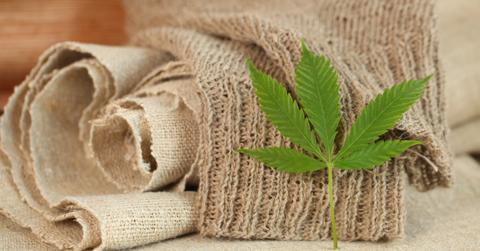
Let’s clear up one thing right from the start: hemp and marijuana are not the same thing. True, they are both the same species of plant, but that does not mean that they have the same uses or possess the same qualities. Nevertheless, this familial connection has given hemp an heir of controversy that is just not warranted.
There are many pros and cons to the development and distribution of hemp fabric, a naturally-occurring fiber that has become guilty by association with its cannabis-ian cousin.
There are many advantages to using hemp as a fabric, but a handful of disadvantages as well. To fully explore these facets, however, we first need to determine what hemp is and what it is not.
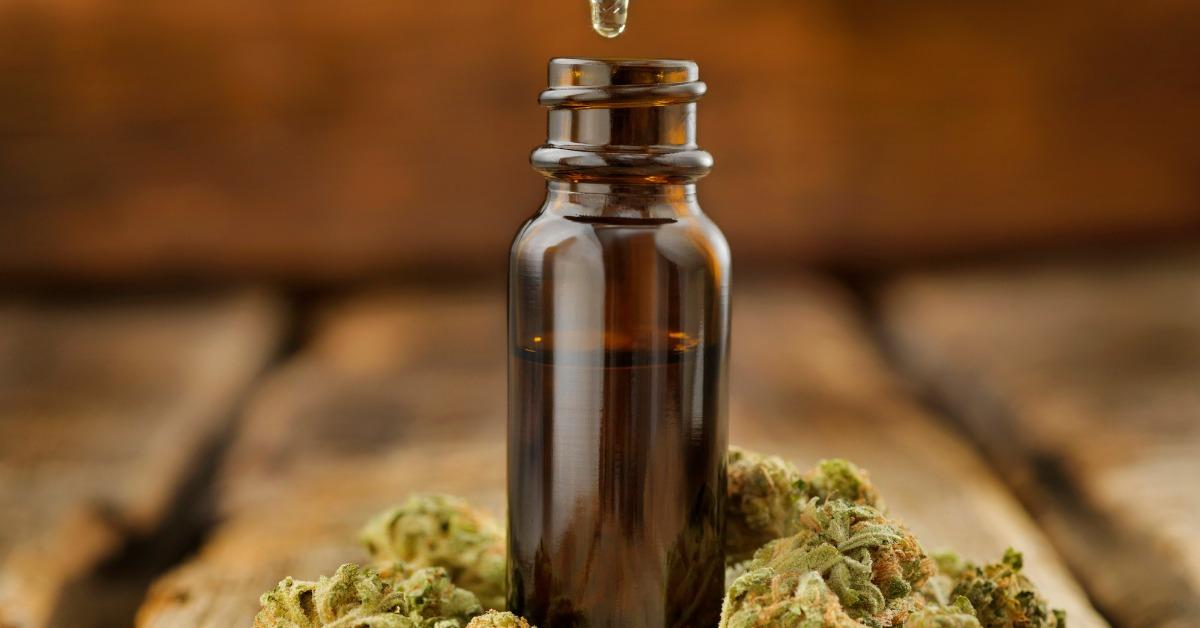
How is hemp different than marijuana?
Hemp, or rather, industrial hemp, is a variety of the cannabis sativa plant. This means it’s related to the same species of the plant responsible for many philosophical conversations in Eric Foreman’s basement. They differ in several ways. First, hemp will not get you high.
This is because the amount of tetrahydrocannabinol (THC) in hemp is less than 0.3 percent. A marijuana plant, on the other hand, is any cannabis sativa plant with a THC content of greater than 0.3 percent, though even 0.4 percent won’t result in any psychoactive effect. This is all according to the FDA, of course.
Unlike marijuana, hemp is not illegal anywhere. And though marijuana’s legality is a topic of much discussion in states and countries around the world over in recent years, its recreational use is still largely forbidden by law. Thanks to the Agriculture Improvement Act of 2018, also known as the 2018 Farm Bill, hemp agriculture and products are perfectly legal in all 50 states.
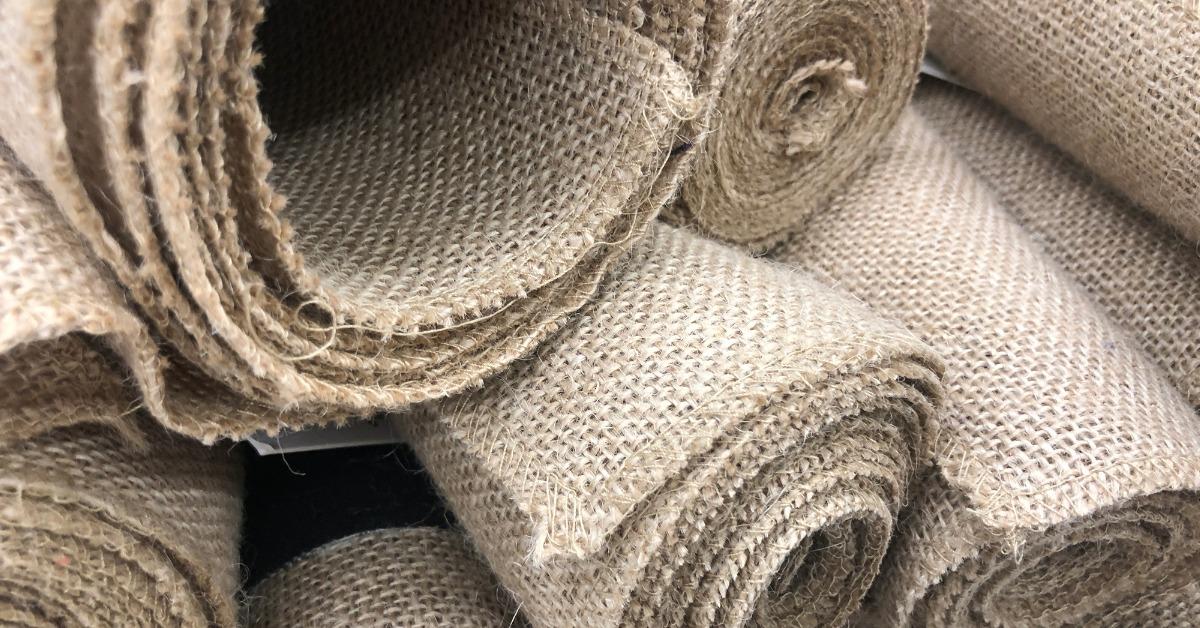
What are the advantages of hemp fabric?
Hemp is one of the strongest and most durable organic fibers available today, which makes it an excellent choice for outerwear. Hemp clothing is even said to have triple the tensile strength of cotton, according to ScienceDirect. It blends easily with other fibers to produce a hemp-hybrid material, and this technique retains the strength of the hemp fibers while adding the comfort of softer, more refined fabrics.
Hemp has been farmed since the beginning of agriculture, and that added longevity makes it an excellent choice for those looking for reliable garments. On top of that, the cultivation of hemp for the purposes of creating a natural fabric has a fairly low environmental impact. This makes it ideal for those who are interested in green living.
Is hemp a renewable resource?
Hemp is easily grown in most regions of the world, though it prefers temperate or tropical climates. Hemp also possesses a natural resistance to many insect species and requires very little water. It grows fast and can be harvested up to three times per year. This makes it cheap and fast to cultivate and easy to care for. According to , hemp is one of the most renewable, sustainable fibers available for creating clothing.
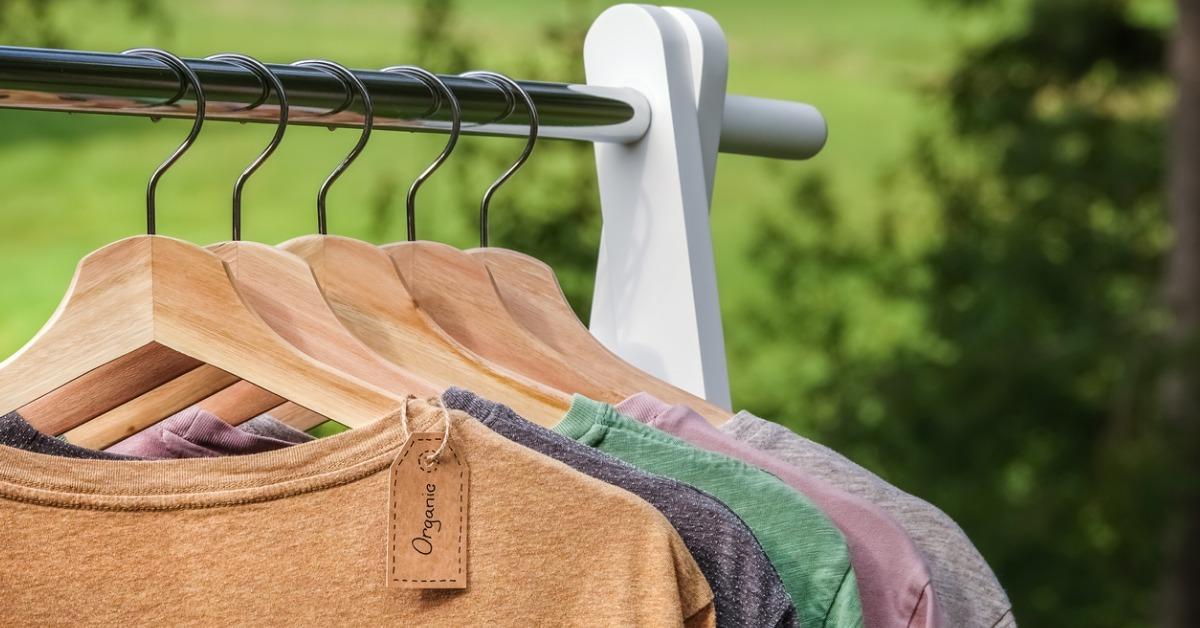
What are the disadvantages of hemp fabric?
If hemp has any disadvantages at all, they are due to the fact that it is a natural fiber. Organic fabrics like cotton tends to wrinkle and crease in certain areas. This is compounded by the fact that most organic clothing isn’t treated with the same anti-wrinkle chemicals as synthetic garments.
This repeated creasing can often lead to weak points in the fibers, which can create holes in the clothing. Luckily, hemp fibers are naturally stronger than cotton, and so they tend to last far longer on average, according to WayofLeaf, anyway.
The only other real disadvantage to hemp clothing is that, like many organic or natural products, it tends to be more expensive than other options. This is based on several factors, from means of production to the fact that hemp is still not as mainstream as other options. Still, its durability and low environmental impact means that it is most definitely worth the cost.
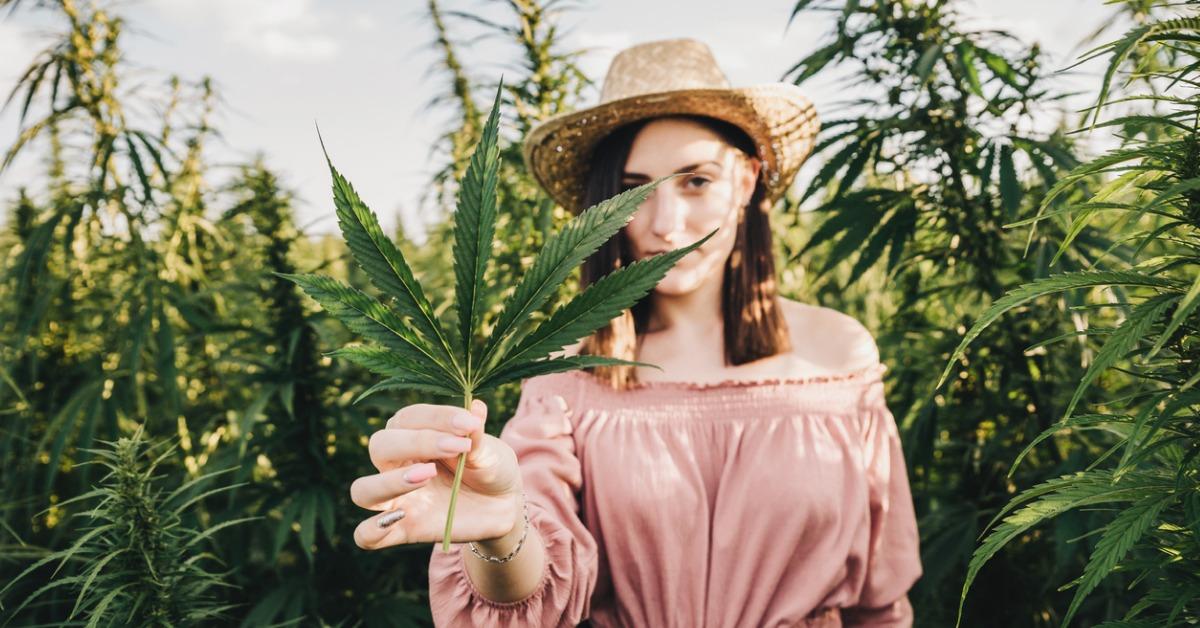
What do people think about hemp clothing?
Above all else, hemp’s main problem is its street cred. Even though it is a perfectly legal crop and a perfectly viable fabric, hemp’s affiliation with marijuana has made for a problematic image. Hemp’s innate eco-friendliness also means that hemp clothing is closely associated with hippie culture, a subculture that is, in turn, almost synonymous with getting high.
For many people, this association is actually helpful, as it makes the fabric more desirable to those wanting to live a low-impact or zero-waste lifestyle. But brands today are not just selling knitted pullovers for after-school smokers. These brands are knitting hemp into modern styles and fashions, making products that were once very limited in scope and production into something novel and, dare we say, chic.
This article, originally published on Nov. 12, 2020, has been updated.